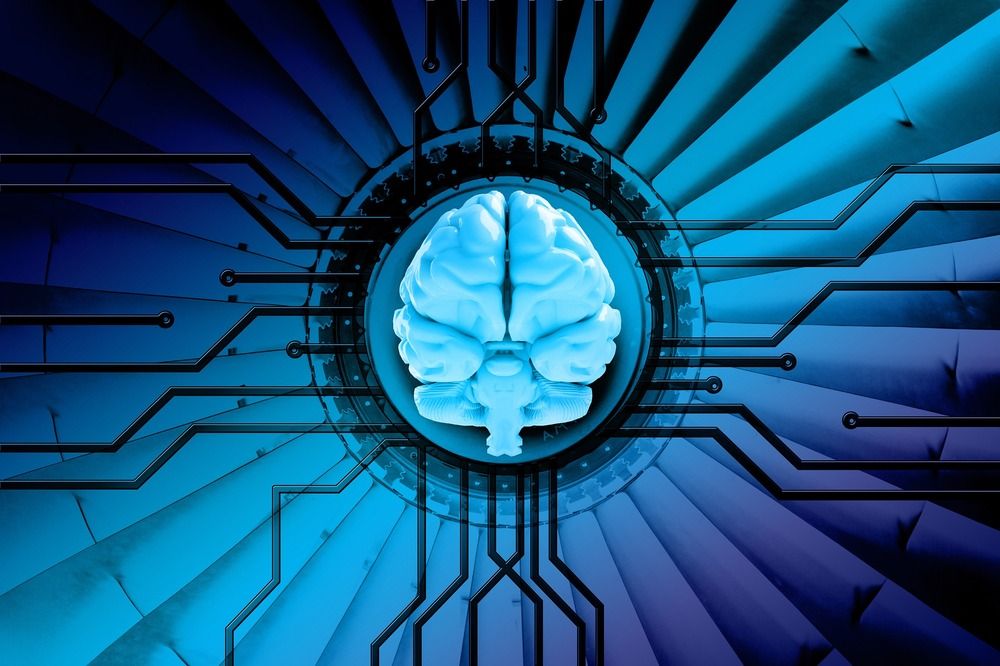In a paper published on Nature Communications in 20 April 2020 by (read the original paper), Tianda Fu et al. from the University of Massachusetts Amherst proposed a new kind of diffusive memristor based on the protein nanowires sourced from the bacterium named Geobacter sulfurreducens that can potentially resolve the problem. The artificial neurons built on such memristors can function on the level of biological voltages, and they express “temporary integration feature that is similar to real neurons in our brain” according to the authors.
